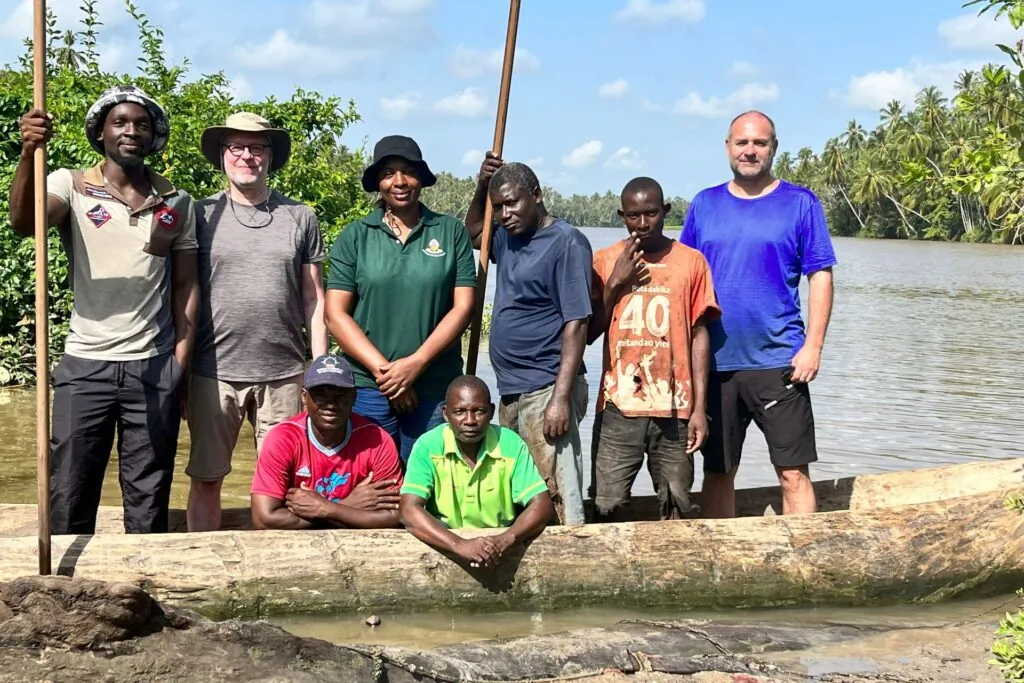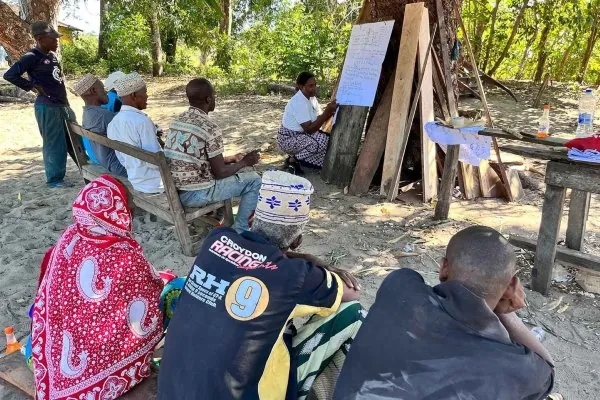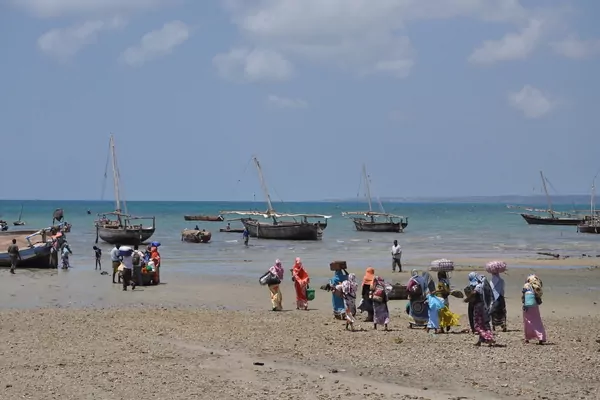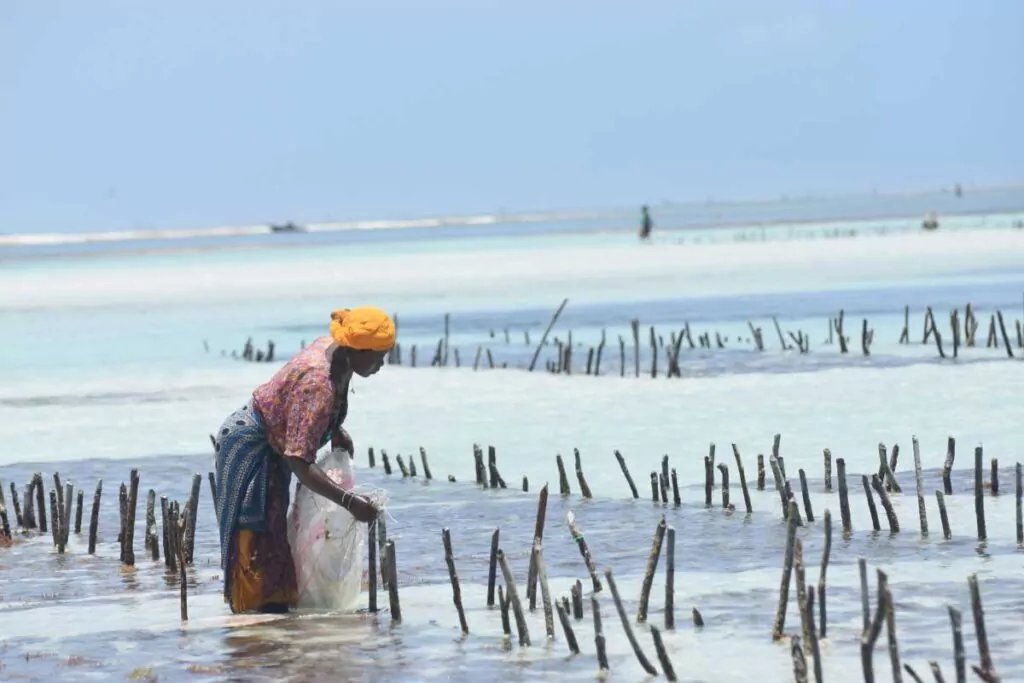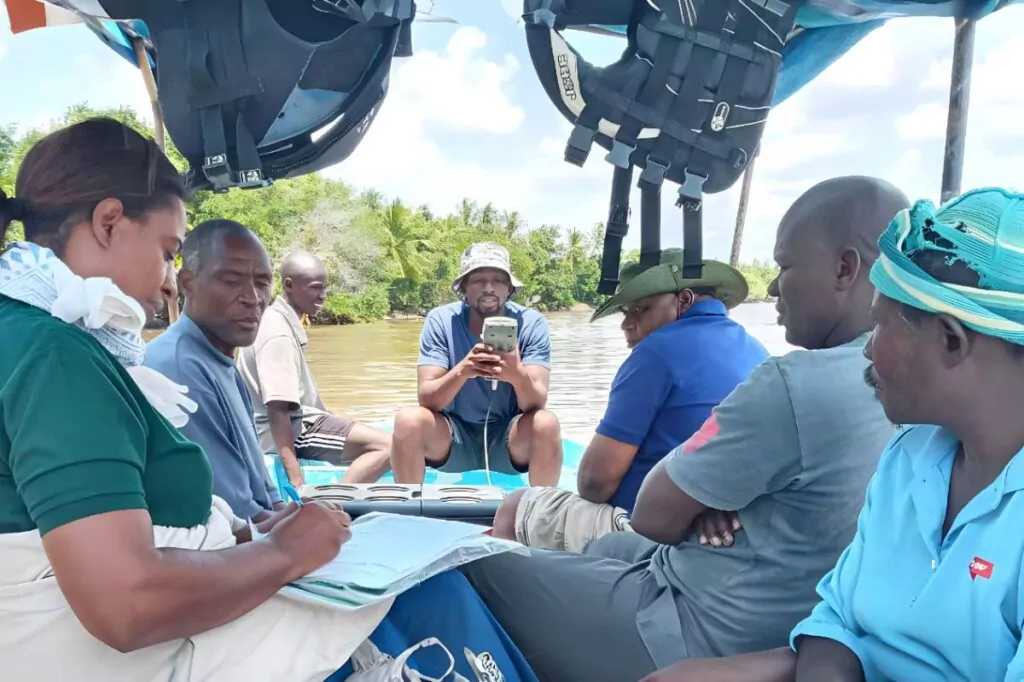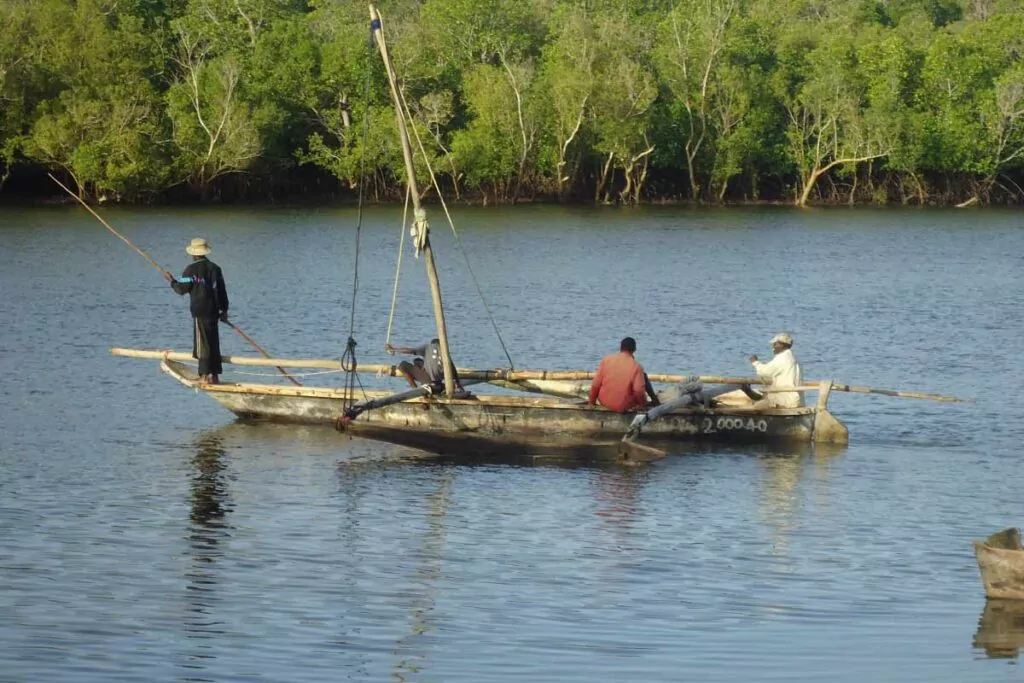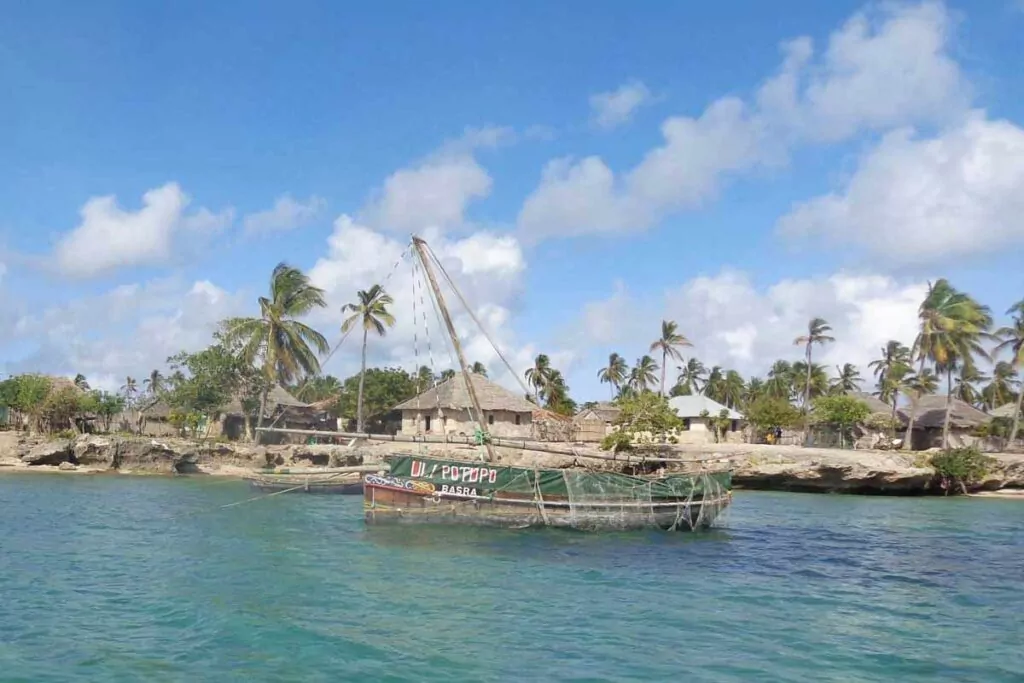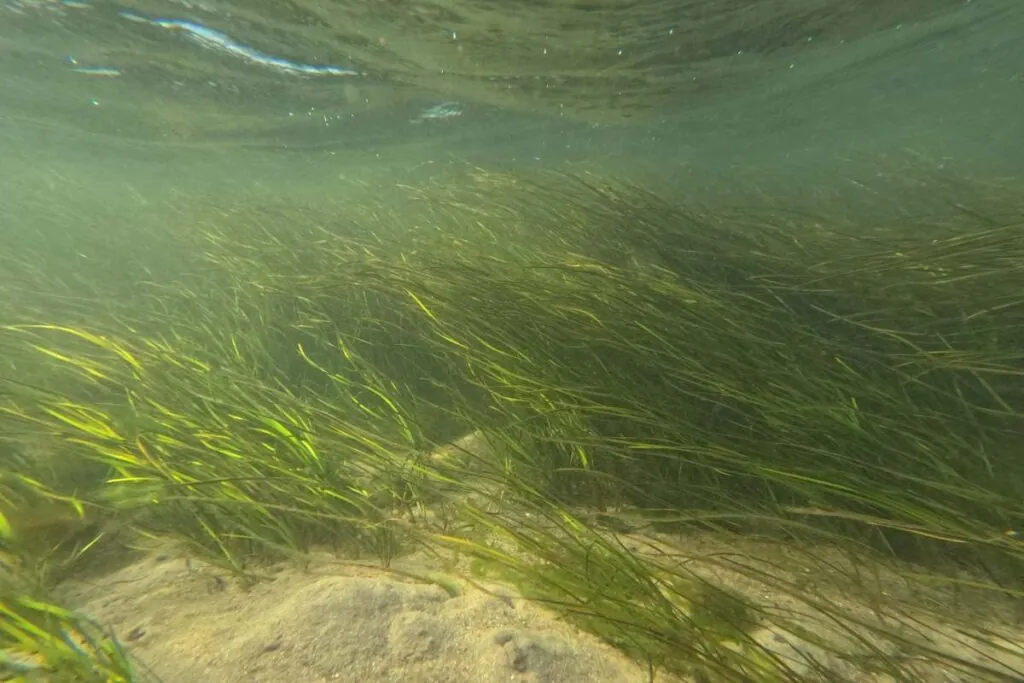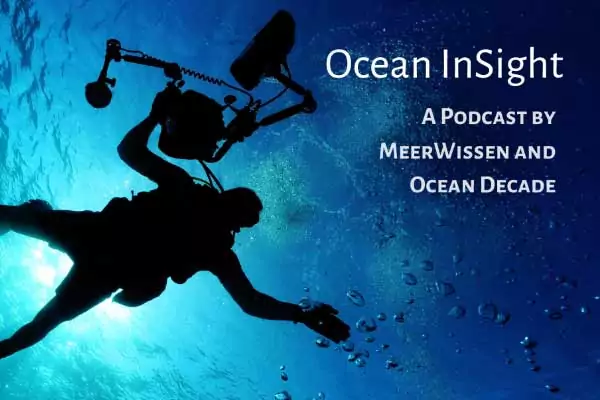Conserving Tanzania’s Migratory Eels and Community Livelihoods
Migratory eels are vital to Tanzania’s freshwater and marine ecosystems, but their survival is threatened by habitat loss, sedimentation, and unsustainable fishing practices. Along rivers like the Rufiji, these challenges also impact local livelihoods. The MeerWissen project BIOEELS-TZ works to conserve migratory eels through research, community education, and promoting sustainable practices.
Conserving Tanzania’s Migratory Eels and Community Livelihoods Read More »

